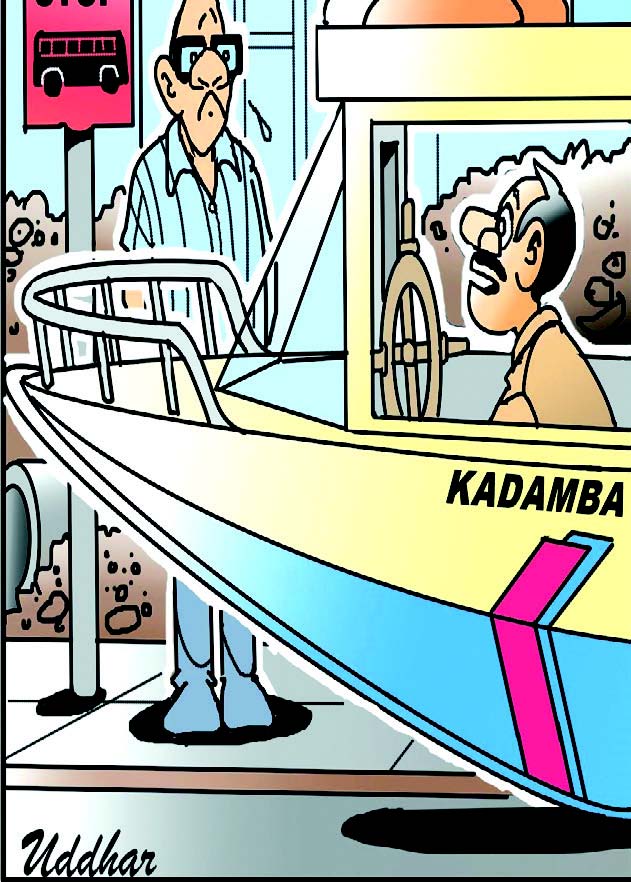The Indian National Congress begins a key brainstorming session in Rajasthan’s Udaipur on May 13, two years ahead of the Lok Sabha elections due in April-May 2024. The party that lost the 2019 Parliamentary elections has been led by Sonia Gandhi as an interim president after her son Rahul resigned following the electoral debacle. One of the main items on the agenda for the party at this chintan shivir should naturally be the election or appointment of a permanent president of the party, as Congress definitely cannot face the electorate with an interim chief, and the new president requires enough time to prepare for the polls. After the drubbing of three years ago it will never be too early for Congress to begin its 2024 polls.
Congress needs new leadership just as much as it needs new ideas and new strategies to make a comeback. If has to first arrive at a consensus on who will be the face of the party from now on, who will take the decisions without faltering, at whose desk the buck will stop, before it can turn to strategising for the polls. In an evolving political scenario, the party cannot shut itself to change and may have to innovate in more ways than one to reach out to the people with more than just history on its side. It requires to present to the people an alternative of an economic growth plan that captures the imagination of the voters, especially of the youth.
As it restructures, the party may have to look outside the Gandhi family for someone to lead it, but is it ready for such a step? Sidelining the Gandhi family will be easier said than done for the Congress, as there will always be supporters who will not allow it. Even before the meet, the possibility of a one-family-one-ticket rule being brought about is likely to make an exception for the Gandhis, sending out the signal that the party is still very dependent on them. If that occurs, the family first policy of the Congress is likely to send mixed signals of change to the workers, which the party has to attempt to avoid. The pertinent questions are whether the party is prepared to take some tough decisions, whether it is ready to listen to the G22 and include some of the suggestions made by this group of Congress leaders in the final Udaipur declaration.
This is going to be a chintan shivir and the ideas that emerge from it will have to be implemented to bring about any change. It would serve no purpose if the latter does not happen. After the defeat in the 1999 polls a committee to introspect had suggested a series of changes in the party organisation, but few of the recommendations had actually been implemented, rendering the exercise pointless. At other times there have been other committees and other suggestions that have mainly remained on paper and no action has been taken. Deliberations that do not result in any action and change in the organisation will not help the party in any manner.
If the Congress has to have a future, the Udaipur brainstorming session cannot end up as just another talking shop, but should result in some takeaways for the party that will help it grow. It may have to experiment even – with leadership and strategies – to reclaim its vote share and re-emerge as the national party with a strong presence across the country. This will possibly be the first of many such deliberations – smaller ones in the future – before the party is geared up for the polls. There is lots of stake for the party as a third consecutive loss in an election could derail any chances of making a comeback to government. The stakes are high.
